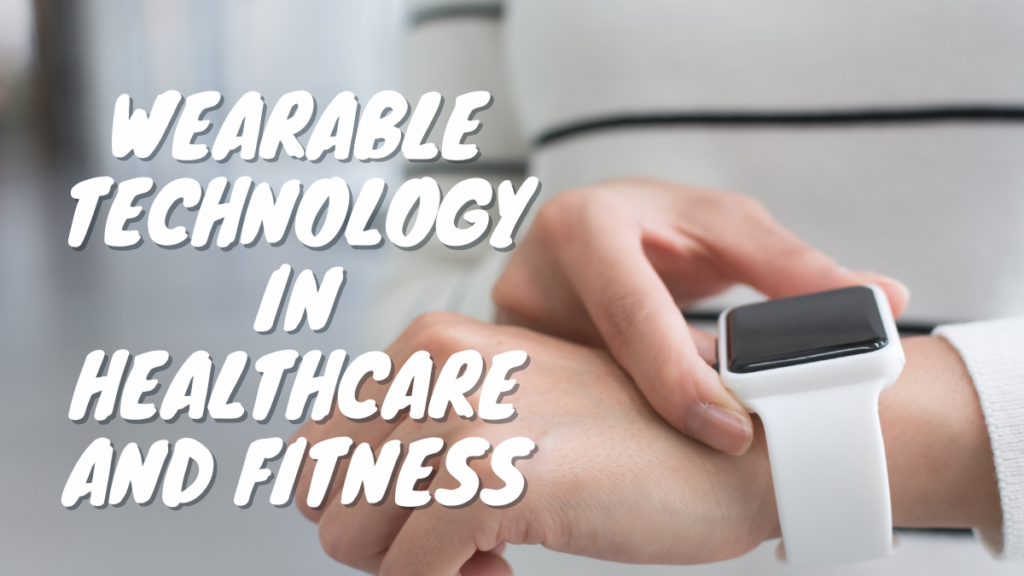Wearable technology has revolutionized the way people interact with their personal health and fitness goals. With technological advancements, wearable devices have become increasingly popular, providing accurate and real-time data about our health and fitness levels. This information is essential for individuals looking to improve their overall wellness and prevent or manage chronic conditions.
At the same time, healthcare providers and fitness professionals are finding ways to integrate wearable technology into their practices to provide better care and help individuals reach their goals. This integration has proven to be beneficial for both the provider and the patient or client.
In this article, we will explore the integration of wearable technology in healthcare and fitness and how it is changing the way people approach their health and wellness.
Benefits of Wearable Technology in Healthcare and Fitness
Wearable technology has several benefits in healthcare and fitness. It provides a new way for individuals to track their health and fitness goals and access real-time data that can help them make better decisions about their health. Wearables are also helpful for healthcare providers and fitness professionals, as they can use the data to track progress and adjust treatment plans accordingly.
One of the primary benefits of wearable technology in healthcare and fitness is that it provides individuals with instant feedback on their health and fitness goals. By monitoring and tracking data such as heart rate, sleep patterns, and physical activity, individuals can adjust their habits and behaviors to achieve their desired outcomes.
Wearable technology is also helpful for healthcare providers, as it can improve patient outcomes and reduce costs. By using wearable devices to monitor patients remotely, healthcare providers can identify potential issues before they become more serious, preventing hospitalization or readmission. This can save both the patient and the provider money and improve overall patient outcomes.
Read Also: 10 Key Benefits of Adopting Cloud Computing for Businesses
Integration of Wearable Technology into Healthcare
Wearable technology has become increasingly popular in healthcare settings. Healthcare providers are using wearable devices to monitor patients remotely, track vitals, and gather data that can help diagnose and manage chronic conditions.
Wearable devices are also being used in clinical trials to monitor patients and gather data about the safety and effectiveness of new treatments. This data is critical for drug development and can help speed up the process of getting new treatments to market.
Wearable technology is also helpful for patients with chronic conditions. For example, individuals with diabetes can use wearable devices to monitor their blood sugar levels, providing real-time data that can help them make better decisions about their diet and medication. This can improve overall health outcomes and prevent complications from diabetes.
Integration of Wearable Technology in Fitness
Wearable technology has also transformed the fitness industry. Fitness professionals are using wearable devices to monitor client progress and adjust workout plans accordingly. Wearables are also being used to track physical activity levels and encourage individuals to move more throughout the day.
Wearable technology has also made it easier for individuals to track their progress and set their goals. By providing real-time data about physical activity and fitness levels, individuals can adjust their habits and behaviors to achieve their desired outcomes.

Future of Wearable Technology in Healthcare and Fitness
The integration of wearable technology in healthcare and fitness is only the beginning. As technology advances, we can expect to see even more sophisticated devices that can monitor and improve physical and mental health. The possibilities are endless, from wearable sensors that can detect potential health issues to virtual reality experiences that can improve mental health.
Conclusion
Wearable technology has transformed the way people approach their health and wellness. By providing real-time data about various aspects of our health and fitness levels, wearable devices have made it easier for individuals to track their progress and make better decisions about their health.
The integration of wearable technology in healthcare and fitness has proven to be beneficial for both providers and patients or clients. Wearable devices are helpful for healthcare providers, as they can monitor patients remotely and identify potential issues before they become more serious. They also benefit individuals with chronic conditions, providing real-time data that can help prevent complications.

